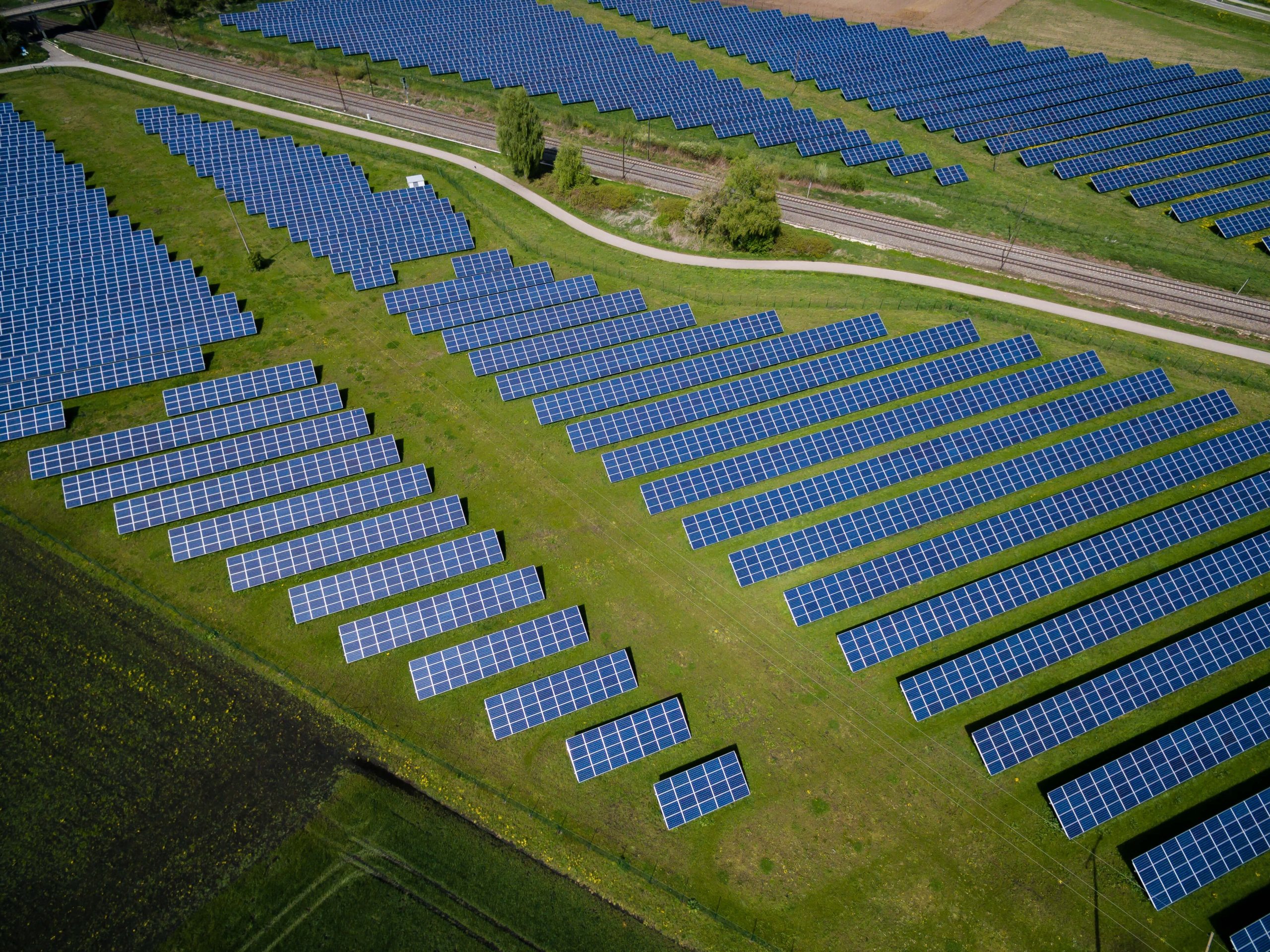Within the next few years, the European Union will see a substantial acceleration in renewable energy projects being deployed. A large-scale implementation of wind turbines, solar panels and other technologies is not only crucial to meet the climate targets of the Paris Agreement and the European Climate Law, but can also spark a variety of positive impacts on people’s lives. Research shows that a growing renewable energy sector — empowered by policy programmes such as the European Green Deal — will create jobs, increase GDP and raise household income on a global scale.
However, while climate change is definitely a topic of global concern, when we talk about how renewables and the energy transition will benefit people, we need to think on a much more local level. Renewables create employment and economic activity in a more geographically dispersed way than conventional energy industries. Think of a single gigantic power plant versus a multitude of wind turbines!
The local impact of renewable energy projects
We should not underestimate the profound social, economic and political implications of a deconcentrated energy sector. A recent study, commissioned by the Greens/EFA Group, shows that the socio-economic impact of renewable energy projects can indeed look very different whether you live in the Severozápad region of Czech Republic or Spain’s Castile and Leon.
In the former, 10,000 jobs in the coal industry today will be compensated by only an estimated 2,300 future jobs in the renewable sector. One of the main reasons being low national interest in stimulating green growth. However, Castile and Leon is the region with the highest potential for job creation among the coal transition regions in the EU. Although it has lost jobs through the closure of coal mines as well as nuclear and coal power plants in recent years, researchers estimate a net improvement of socio-economic conditions as a result of the energy transition. More than 21,000 jobs could be created, most of them in the wind energy sector.
The study compares five different EU regions, and finds that, despite many differences, the socio-economic impacts of renewable energies are generally positive. However, the study is very clear that the full socio-economic potential can only be realised if flanked by adequate policy measures. Mere technology is not enough, and the study states:
“Based on the regulatory signal given by the European Climate Law and the rapidly falling costs of renewable energy sources, the EU energy transition is now inevitable and irreversible, but the extent to which it achieves socio-economic benefits for local communities is not.”

Power to the regions – why a just transition has to happen locally
In other words, we’re standing in front of the next big challenge for a just transition. In over 30 years of political action, we have always addressed where our energy comes from. It’s clear that we also need to address the question of where the profits go. After resources, we need to talk about revenues. And we need to ensure that they land in the hands of the people — and not some offshore accounts of Big Corp.
For both challenges — regional disparities, as well as power asymmetries between local communities and big business — there is a simple and yet powerful solution. For a just transition, we need to empower local people. Beginning with active participation in planning processes and expanding to local ownership models.
Participation in the planning process goes far beyond those corporate info events that very rarely offer anything but a caricature of democratic discourse. For example, the study stresses that local stakeholders such as landowners often “have much less knowledge of regulations, the business environment and production data” leading to “relatively low levels of income even when there are benefit sharing arrangements”. Fostering participation means first and foremost establishing a level playing field for developers and local stakeholders.
Including regional and local stakeholders brings its own challenges. Communities typically lack access to capital, professional advice and strategic services. Depending on the governance structure of the country, regional and local governments may have a very important role to play in the deployment of renewable energy, but their priorities and capacities may not be aligned with national policy. Thus, the study finds, national planning often tends to favour corporate and institutional developments.
The EU must encourage regional policy for renewable energy – here is how
In this dynamic, the European Union can be the partner of regional and local structures. The EU can bring together different regions and involve them directly in decarbonisation strategies. On the ground, EU funding can be a powerful tool to enable regional groups and local people to realise projects on their own. Even today, with structural and investment funds such as the European Regional Development Fund, renewable energy projects are created with local ownership. In the past funding period (2014-2020), an additional capacity of renewable energy production of over 2 megawatts was implemented, and projects for over 7 megawatts were planned. That’s the capacity of seven standard nuclear power plants.
For the new funding period, we have achieved a strengthening of so-called Community-led Local Development (CLLD). Projects including local stakeholders with bottom-up approaches can now receive up to 10% more funding. Renewable energy projects using CLLD could be a major asset for a just transition.
Enabling regional and local stakeholders by giving them access to training, capital and participatory ownership models will help maximise the immense socio-economic potential of renewables. Let’s help foster a just transition with clever regional policy!
2 thoughts on “Just transition in the regions – how renewable energy can create jobs and benefit local communities”
Comments are closed.